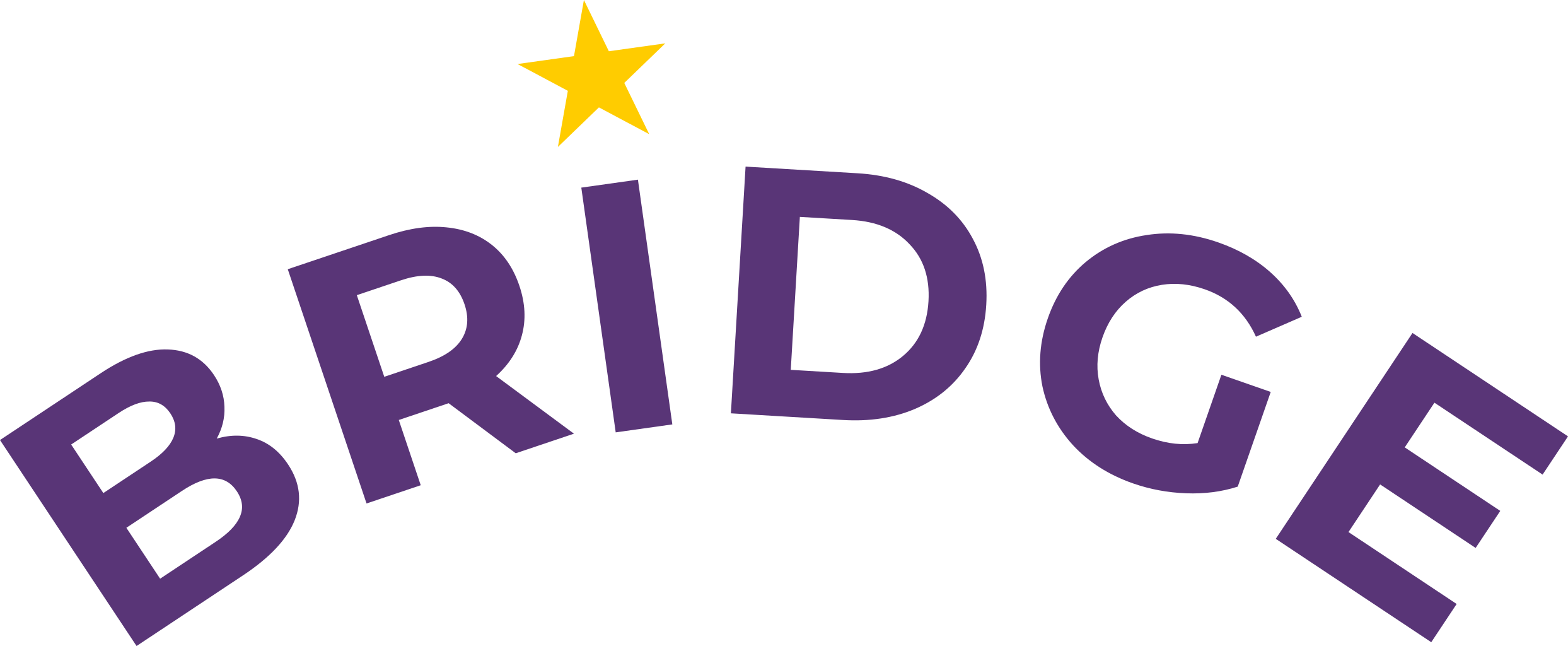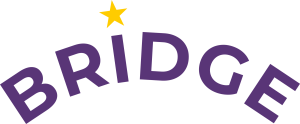Report
The BRIDGE project has produced a Report and call for action on the need to promote information and digital literacy in the school curriculum, which we hope could serve as background reading for institutions and stakeholders in our countries to understand its importance. It also highlights the key relevance of libraries, specially school libraries, for the implementation and sustainability of any information and digital literacy initiative.
- : The Report can be downloaded here
Included in the Report you will find the following BRIDGE Declaration for Information and Digital Literacy for critical thinking and equality values
Europe is transforming within a complex information and digital ecosystem which creates new realities, opportunities and challenges. Fostering information and digital literacy becomes a bridge for transferring the European values of an informed, egalitarian, inclusive and ethical global citizenry. It is increasingly essential to promote information and digital literacy as part of the process of teaching how to learn, reflect and become active, engaged members of society.
As online practices and behaviours become increasingly integral to all aspects of life, the need to promote and support information and digital literacy in schools, including primary schools, is becoming increasingly urgent and profound. In an “always on”, interconnected and information-rich world, the ability of young people to make sense of the world is increasingly bound up with an individual and collective capacity to:
- \Access, make sense, use and create information multiple sources.
- \Evaluate and analyse numerous media texts from a range of sources.
- \Understand how such information and media relates to equality values.
- \Operate effectively, ethically and safely in complex, dynamic and frequently ambiguous and even frightening digital environments.
Young people that can master such skills and abilities are the most likely to thrive as they become adult citizens and active members of society.
But while many education stakeholders internationally recognise the importance and relevance of information and digital literacy, such recognition has frequently not led to coherent strategies or programmes in education systems and curricula. Although there is variation in the approaches followed across European countries, there is a common urgent need to integrate information and digital literacy more fully into school curricula. The project results highlight the role of school libraries as a key resource for empowering educators to foster our common European values. Libraries, both school and public, are important for the implementation and sustainability of any information and digital literacy initiative. They offer access to digital resources and material as well as programs and training that can empower young people to develop information and digital literacy skills and competences, as well as critical thinking. These are essential for leveraging the opportunities and navigating the challenges created in the online world. The outputs of BRIDGE are intended to help teachers, librarians and other educationalists to integrate information and digital literacy into their teaching; and to help primary school students to learn about these concepts.
Overall, BRIDGE believes in information and digital literacy as a vital foundation for building an informed, critical, ethical, respectful and empathetic citizenry for all human beings. Therefore BRIDGE calls for the promotion of endeavours to place information and digital literacy at the heart of primary education.

